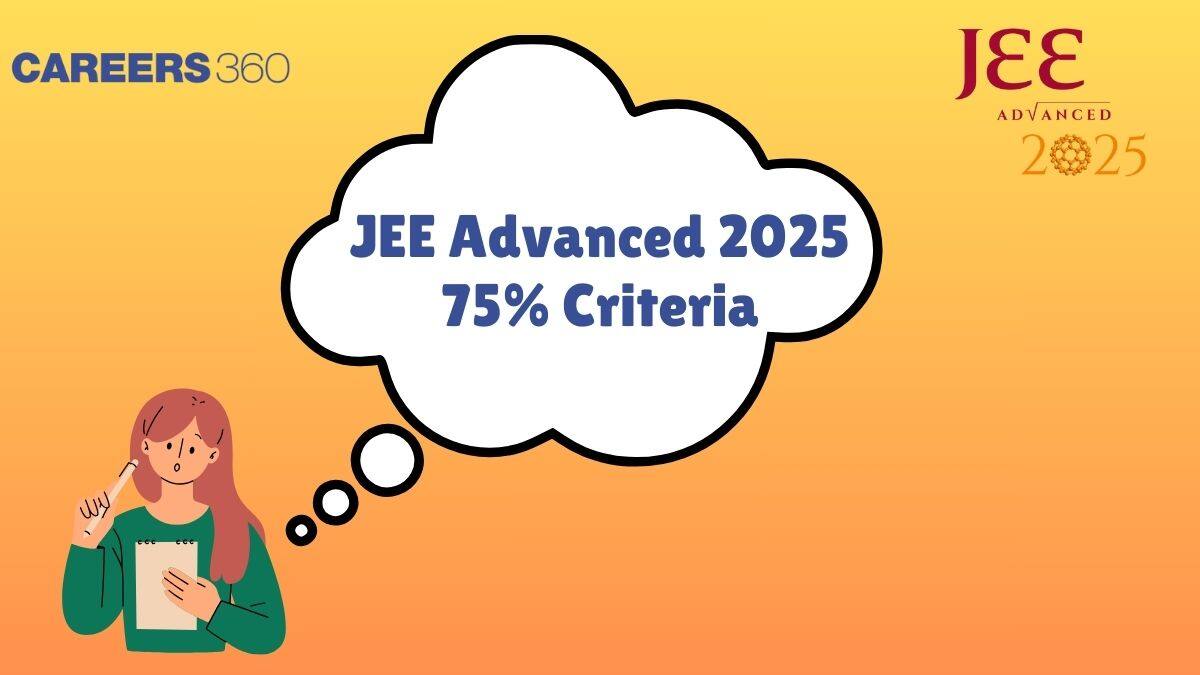You passed 12th in 2024 as a PCB student and now plan to appear again in 2026 with PCM through NIOS.
For JEE Main 2026, you will be eligible because students can appear in the year they pass 12 and up to two more years.
Since you are giving
UPES B.Tech Admissions 2026
Last Date to Apply: 25th Feb | Ranked #43 among Engineering colleges in India by NIRF | Highest Package 1.3 CR , 100% Placements

